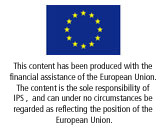By Amantha Perera
RIO DE JANEIRO, Jun 22 (TerraViva) Last year was a particularly bad one for Asian countries facing nature’s wrath.
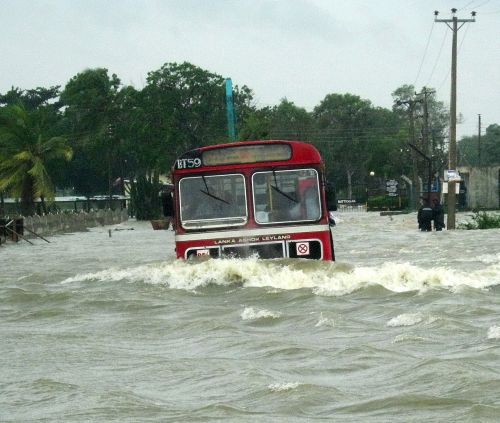
A bus navigates rushing floodwaters in Batticaloa, a town in eastern Sri Lanka, during the January 2011 floods. Credit: Courtesy of Sarvodaya
Of the 14.9 million people who were displaced by natural disasters in 2011, 89 percent lived in Asia, according to a new report released here by the International Displacement Monitoring Centre and the Norwegian Refugee Council (NRC).
The report, titled “Global Estimates 2011, Peoples Displaced by Natural Disasters”, said that the bulk of the displacements were the results of floods or storms. But even in previous years, Asia has claimed the number one spot in terms of the number of people forced to flee their homes due to natural disasters.
China and Thailand had the largest number of people displaced by extreme weather events, primarily due to recurring disasters. Over 4.5 million were displaced in China alone.
However, Sri Lanka, with an overall population of just over 20 million, saw the largest per capita displacements, with floods between January and February displacing three percent of the entire population, or 685,000 persons.
Most of those displacements occurred in the eastern and northeastern regions of the island, which are also some of the poorest areas.
Ponnanbalam Thanesveran, the top government official for the remote village of Verugal in eastern Trincomalee District, experienced firsthand the details of the disaster.
Between January and February of 2011, the eastern region of Sri Lanka received a year’s worth of rain in one month. Thanesveran’s office was cut off for over two weeks, during which time he used a boat to get to his office and get around his small constituency.
“I might be the first Sri Lankan government official who carried out his duties from a boat, wearing a life jacket and shorts,” he told TerraViva.
The floods destroyed the entire rice harvest in Verugal. According to figures released later by the government, around 20 percent of the overall harvest was wiped out.
The report had more bad news. It said that changing climate patterns that have altered rainfall patterns combined with growing populations were likely to increase the vulnerabilities of Asian populations living at risk of natural disasters.
In Sri Lanka, weather experts warn that while the number of days of precipitation has gone down, the shorter rains have increased in intensity, leading to frequent flash floods.
“The (other) problem is that most of the people who get affected in areas like Verugal are the poorest. One blow like last year’s floods and it will take years for some of them to recover,” Thanesveran said.
At the release of the report, officials said that the inability of poor villagers and farmers to cope with such disasters needs to be taken into consideration at negotiations like those which just concluded in Rio.
“The international community must ensure that vulnerable communities are prepared to respond and able to find sustainable solutions as they recover from such life-changing events,” NRC’s Secretary General Elisabeth Rasmusson said.



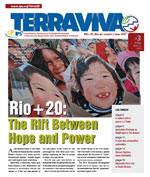
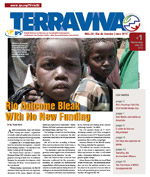
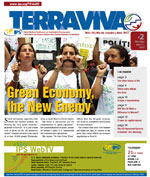

 Add to Google
Add to Google




